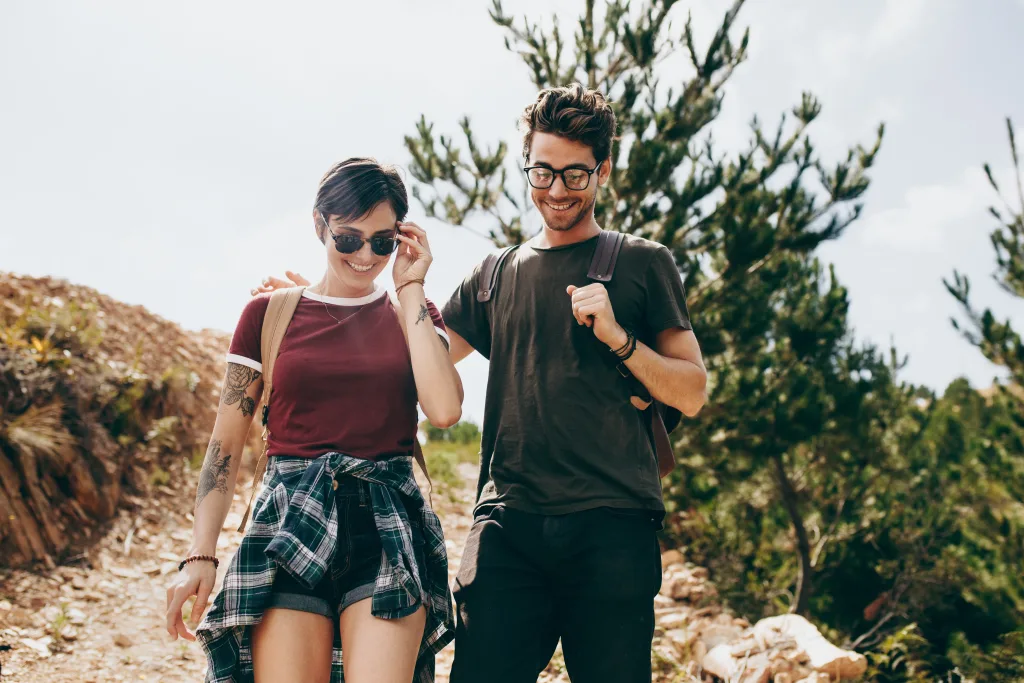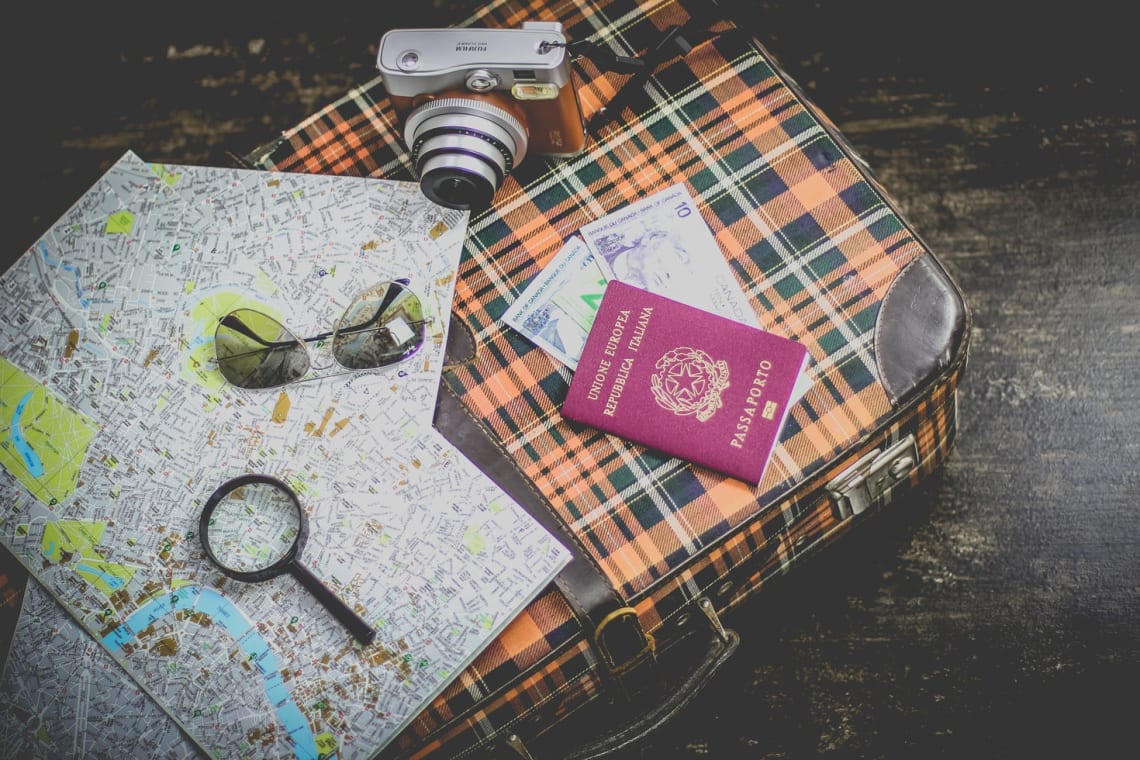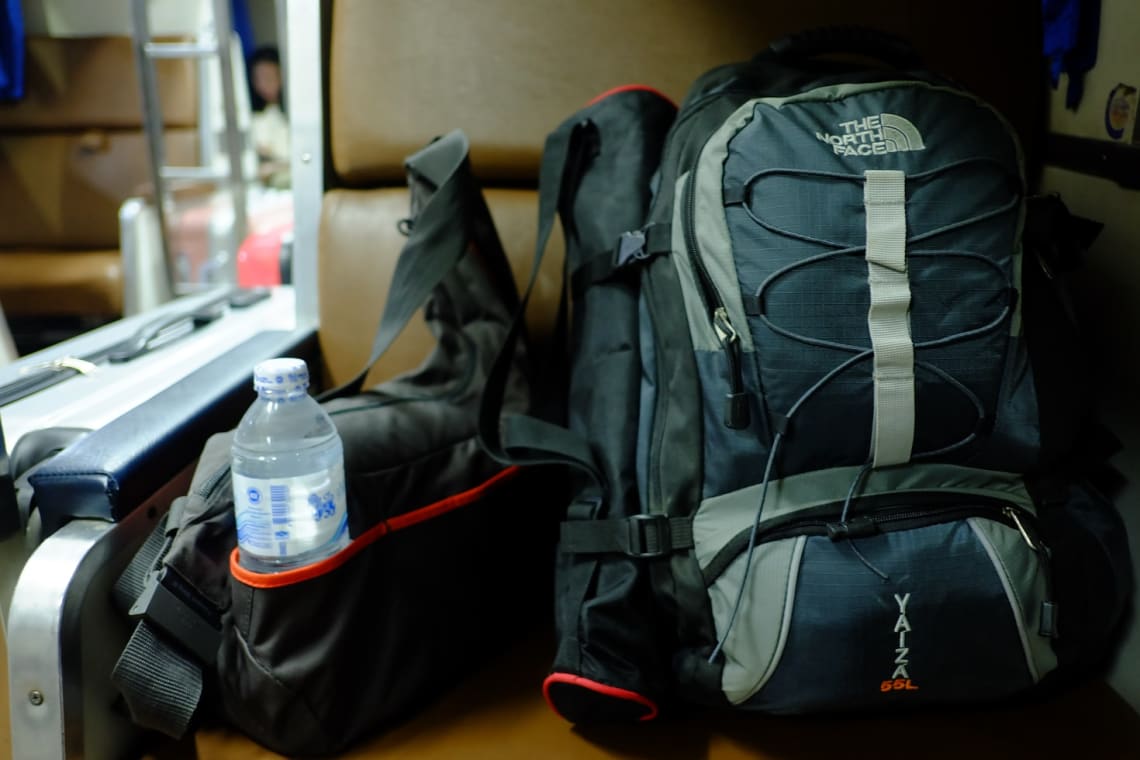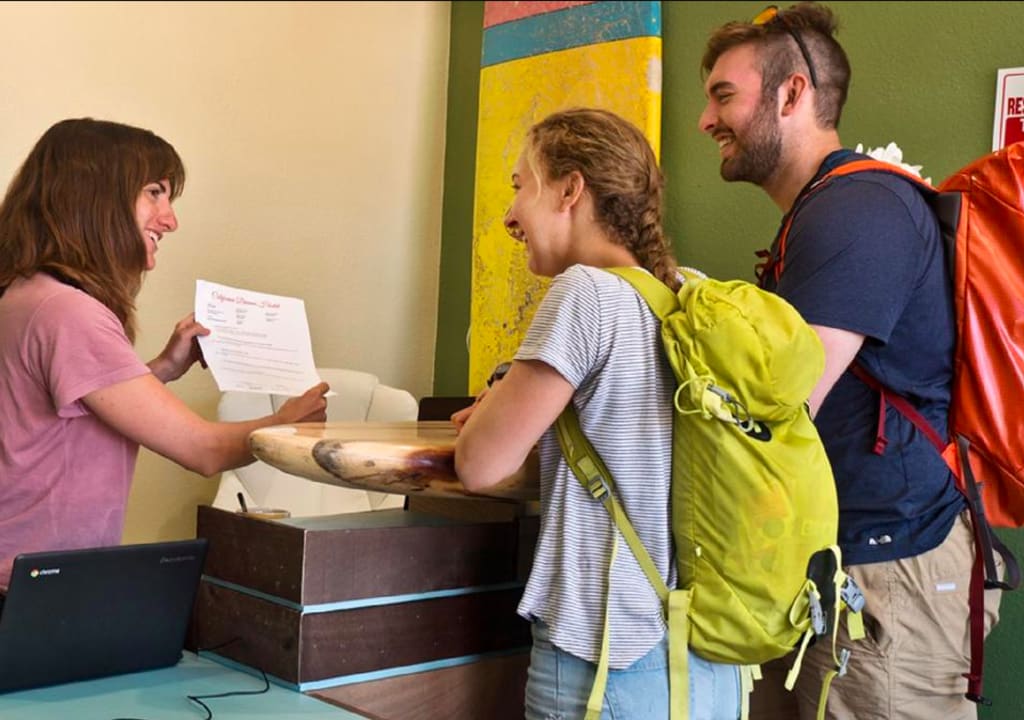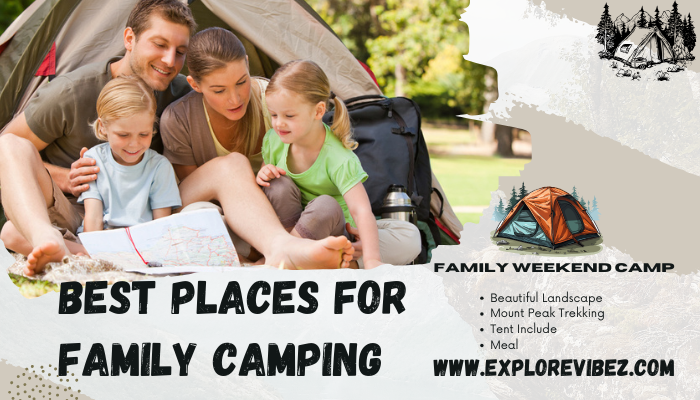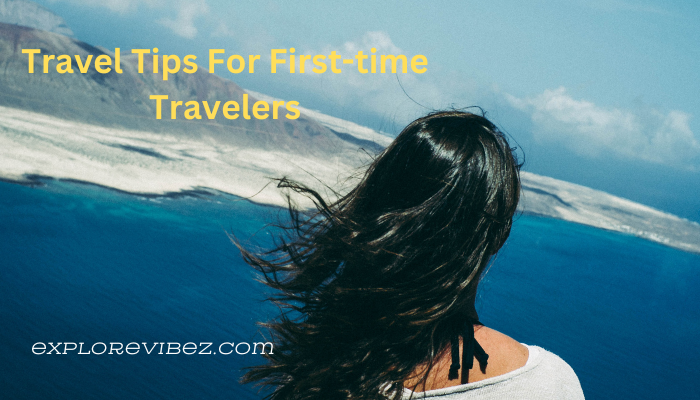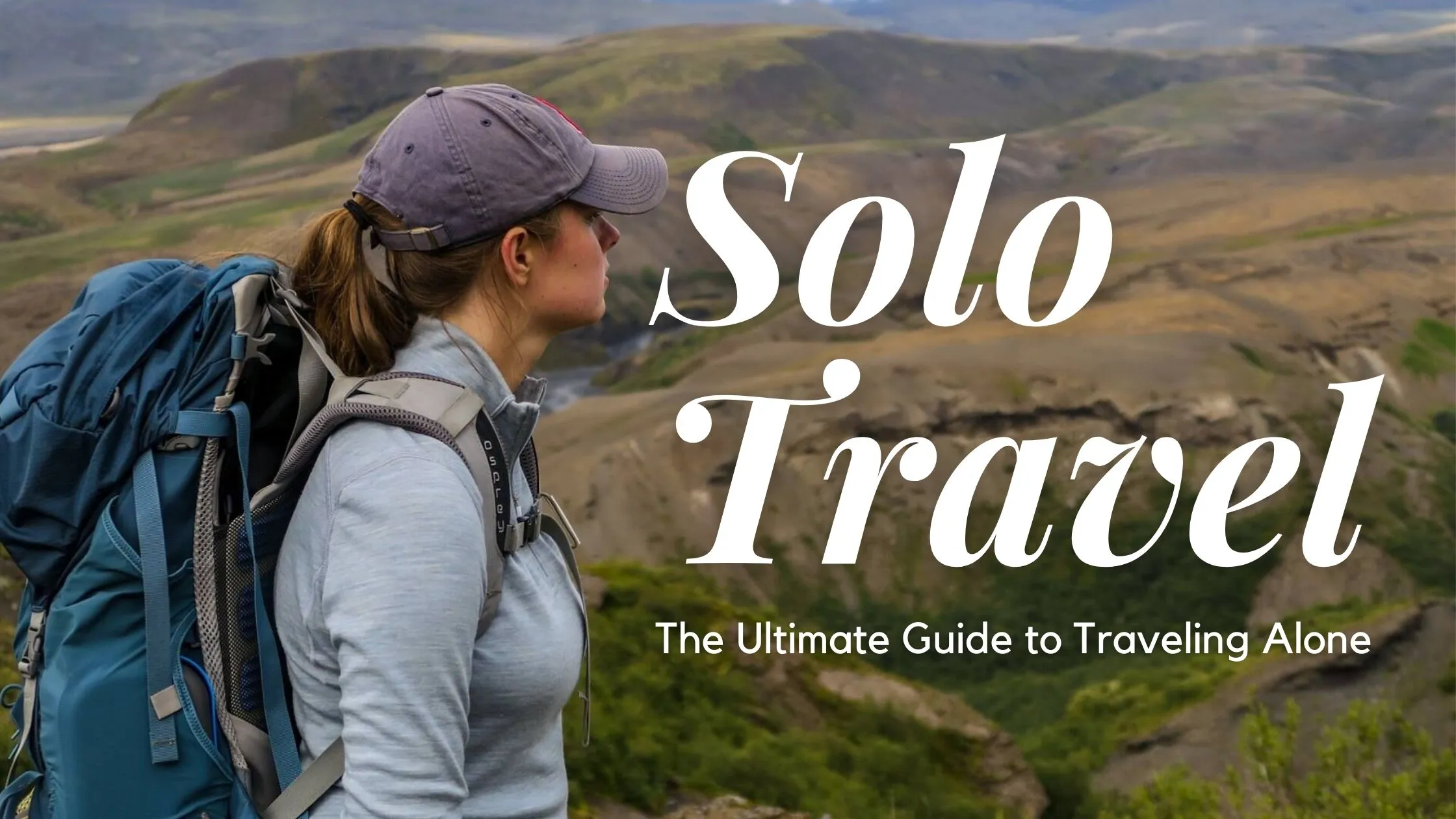tips for first time travelers, from how to plan, what to pack, safety tips, and more. With these tricks you'll be so ready to leave home with confidence! Preparing for your first trip can be overwhelming, right? While each first time traveler's preferences and each trip are unique, I’ve made a list of 24 handy tricks that I think will be useful for every beginner in the travel world.
There are many important thing to consider before leaving home, so to make it easier I’ve broken them into three categories:
- First time travelers tips for planning
- First time travelers tips for packing time
Hopefully you’ll find something useful here, no matter where you are in your travel journey.
Suggestions for preparing for first-time holidaymakers
1. Make an investment in high-quality machinery
In the event that you are going to be traveling to a number of different locations, the two most significant investments you should make before you leave your house are a nice rucksack that fits you well and a good pair of shoes that are comfortable. If you are going to spend a lot of money on anything, make sure it is on these two necessities.
2. Invest in a travel insurance policy
Let's face it: When it comes to traveling internationally, nobody likes to spend money on travel insurance. But you should still go ahead and do it. Have faith in me on this one.
3. Give you budget considerable consideration.
It is strongly recommended that you read my post on the topic of organizing your trip budget, in which I go into much more length. However, a good rule of thumb is to estimate your backpacking costs as thoroughly as you possibly can, and then carry twice as much money as you believe you will need.
4. Review the safety best practices.
You should not be terrified of traveling to other parts of the globe. In spite of this, you need to use caution when you are away from home. Do some research on safety precautions for traveling and backpacking, and then be sure to keep a close eye on your surroundings and keep them at the forefront of your mind while you are away.
You are able to begin researching the safest areas to go right now, and as you feel more confident, you may continue to move to other locations.
5. Consult with your financial institution.
If you start spending money in a foreign nation without any prior notice, your bank will flag your account. Trust me, you do not want to find yourself in a foreign country where you are unable to access your bank account. In addition, you should discuss the costs associated with international transactions with your bank and credit card issuers. If they are really expensive, you may want to think about establishing an account with a bank like Charles Schwab, which does not charge any fees for transactions made in foreign currencies and reimburses all ATM costs on a monthly basis.
6. If you want to save money, you might think about going camping.
You may be able to save a significant amount of money by camping in a tent, but this will depend on where you are going. Obviously, this will need you to bring a tent with you, but the potential savings might be well worth it for you.
7. To extend your stay, participate in a labor exchange program.
You will have the opportunity to remain longer at the location and enjoy a one-of-a-kind cultural experience by working and living with locals if you participate in a work exchange program. This means that it may be the more affordable and hipper approach to immerse yourself in a vacation.Because it provides access to a broad variety of diverse initiatives all across the globe, World packers is an excellent platform for beginning a volunteer career. In addition to that, they have a professional staff that will assist you and your host in having an enjoyable and secure stay.
8. Consider going on vacation during the shoulder seasons.
When contemplating travel during the off-season, the most important question to ask is, "What is it about this time of year that makes it the off-season?" I promise you that there is a rationale behind why peak hours are so popular. Whether or whether the savings are worth the inconvenience of coping with less than ideal weather or missing out on seasonal activities is a matter of opinion. However, it is something to take into note.
9. Experiment with your location and get familiar with it.
I cannot emphasize this piece of advice for first-time tourists enough. Do some research on your current location before you leave. Is bargaining a valid practice? Is a gratuity not required? What kinds of clothes are deemed acceptable for different kinds of situations? When you come to visit, what kind of weather can you expect to experience? Does the area have any well-known cons that people should be on the lookout for? Before you go, before you leave, you should have answers to all of these critical questions.

